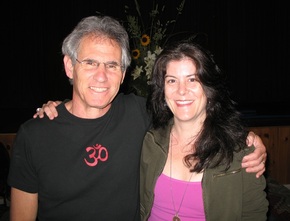Webster’s defines the word “inspiration” as follows: something that gives someone an idea about what to do or create : a force or influence that inspires someone
This is true, but there is more. Inspiration is a feeling too. Take a moment and think about something that inspires you or simply recall and imagine yourself inspired. What do you feel in your body? Maybe a fullness in your chest, a tingling sensation, a feeling of excitement.. How do you imagine yourself sitting or standing when inspired? I am certain no one reading this is picturing themselves slumped over, right? It is a power pose! Inspiration is, in fact, a great mood enhancer. It is a mood power-up if you will.
Seeking inspiration is a healthy mind practice—especially when you shift into lower gear and need a boost. Use it! Here is how..
1. Set an intention to seek inspiration every day (or every week).
2. Discover ways to get your daily/weekly inspiration power-up. Short readings, TED talks, quotes, the image of an inspiring person, music.. Some people get inspired during their morning exercise when they feel their physical strength most acutely. Find a variety of sources.
3. Pay attention to how you feel physically as you experience inspiration. Hold onto that feeling a little longer. This enhances the effect.
4. Don’t judge whatever works for you. If you like Oprah, a walk in the woods, Vivaldi.. Seeking inspiration boosts mood and is indicative of a significant neurochemical effect. It is real!
5. Notice also when there is too much. If we get inspired from too many sources, we can actually get over-whelmed and in need of a break. Keeping a healthy mind means knowing our limits and when we need to power-down too.

